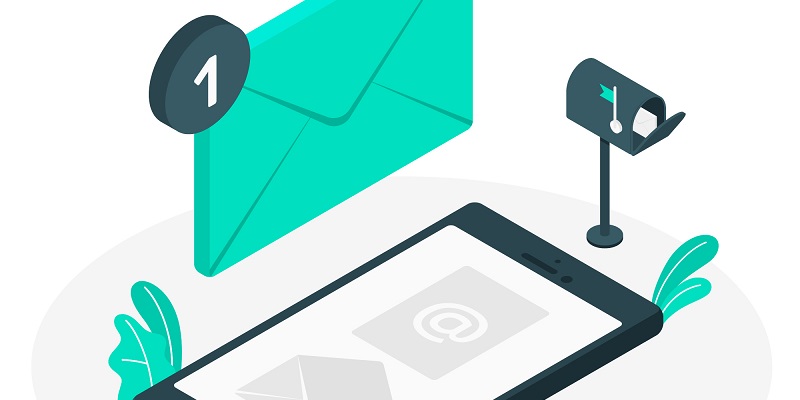With the abundance of digital communication channels, email marketing remains an effective tool for reaching potential and current customers. However, with the increasing volume of global emails, it can be challenging to avoid getting lost in the crowded inbox. Personalization has emerged as a solution to this challenge, becoming a critical aspect of email marketing strategies.
Increase in Email Volume
During the pandemic, many individuals and businesses relied heavily on digital communication, leading to a global increase in email volume. According to Statista, global email volume increased by 82% from 2020 to 2021. The upward trend continued in 2022, indicating the continued importance of email as a communication tool.
Importance of Personalization in Email Programs
Personalization involves tailoring emails to the specific needs and preferences of the individual recipient. The benefits of personalization go beyond avoiding being lost in the crowded inbox. Personalized emails also boost consumer retention rates, increase conversions, positive engagement and enhance ROI.
Boosts Consumer Retention Rates
Personalization creates a sense of importance for the subscriber and promotes a positive customer experience. As a result, subscribers are more likely to remain engaged with the brand and its email content, promoting customer retention.
Personalizing emails can increase conversions and positive engagement. By delivering tailored content, businesses can achieve higher open rates and click-through rates, ultimately promoting positive engagement with the brand and increasing the likelihood of conversions.
Enhanced ROI
Personalization contributes to an increased ROI for the business due to improved engagement and conversions. A study by Epsilon found that personalized emails generate six times higher transaction rates than non-personalized emails.
Segmented email marketing involves dividing the email list into specific groups based on common characteristics. This allows businesses to tailor content to the specific group, generating higher open and click-through rates compared to non-segmented campaigns. A study by Campaign Monitor found that segmented email marketing generates 14.64% more opens and almost 60% more clicks than non-segmented campaigns.
Zero-party data refers to the information customers voluntarily share with a brand, such as their name, age, location, and personal interests. This data allows businesses to personalize email content while staying compliant with privacy laws and regulations. The best part about zero-party data is that it’s both accurate and cost-free for the brand to collect.
Benefits of zero-party data
By collecting and utilizing zero-party data, businesses can better understand their target audience, allowing for increased personalization. This, in turn, leads to increased customer satisfaction, retention, and return on investment (ROI).
Dynamic content enables businesses to personalize emails, resonating better with individual subscribers. This involves tailoring email content based on subscriber behavior, interests, and preferences. By providing relevant and personalized content, businesses can increase engagement and conversions while promoting brand loyalty.
Leveraging Automated Email Marketing
Automated email marketing involves using scheduled, pre-written, and triggered emails. By using automated emails, businesses can provide personalized messages to subscribers, keeping them top of mind and promoting customer loyalty. The use of automated email marketing also provides businesses with a more efficient email marketing process, saving time and increasing productivity.
Personalization is a critical aspect of email marketing and contributes significantly to standing out in the crowded inbox. By implementing personalization strategies, such as segmented email marketing, zero-party data, dynamic content, and automated email marketing, businesses can tailor content to the specific needs and preferences of their subscribers. This, in turn, promotes customer satisfaction, retention, and increases ROI, emphasizing the importance of personalization in email marketing.

